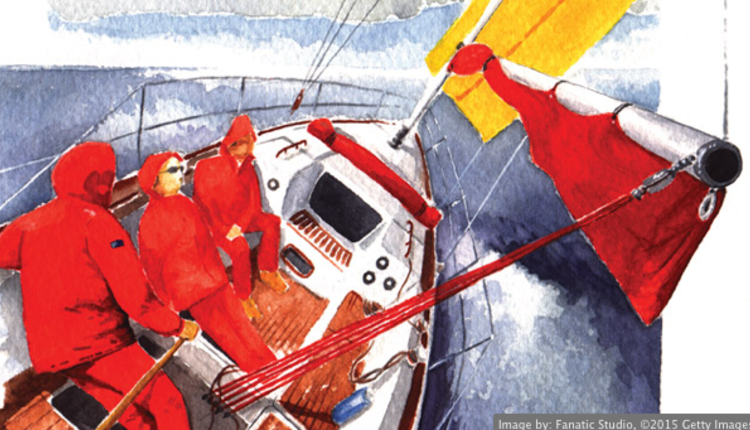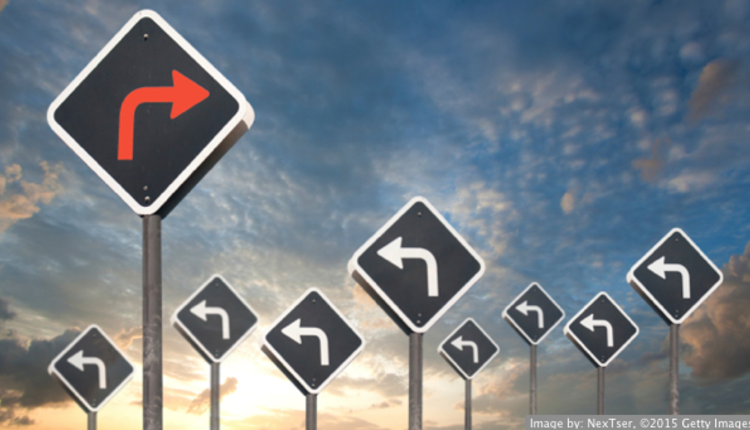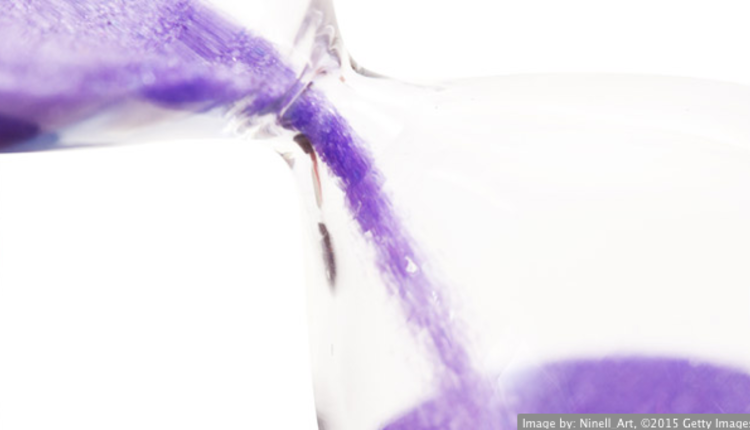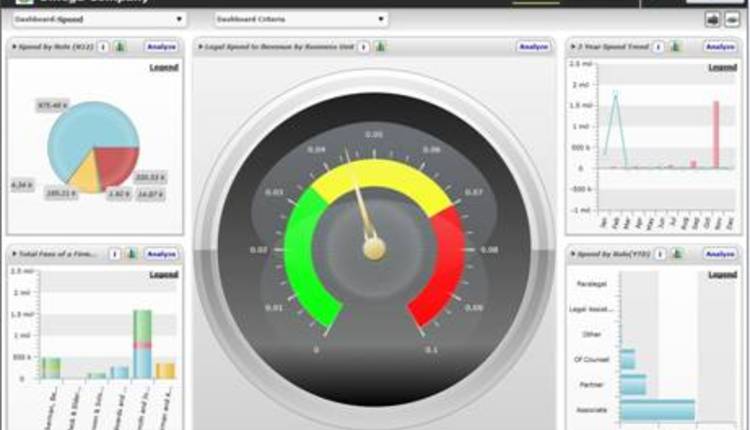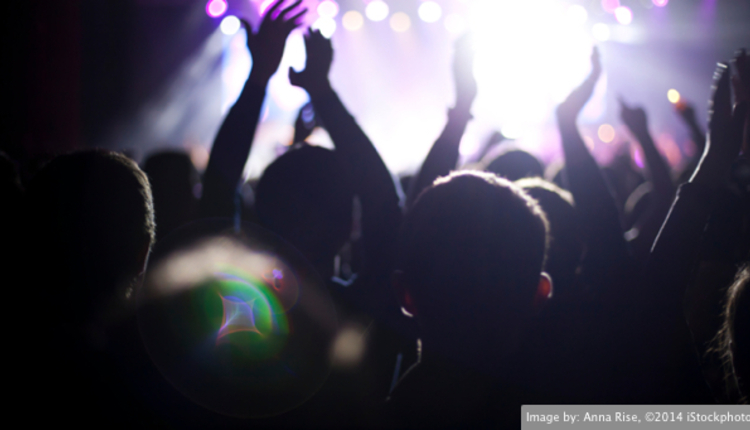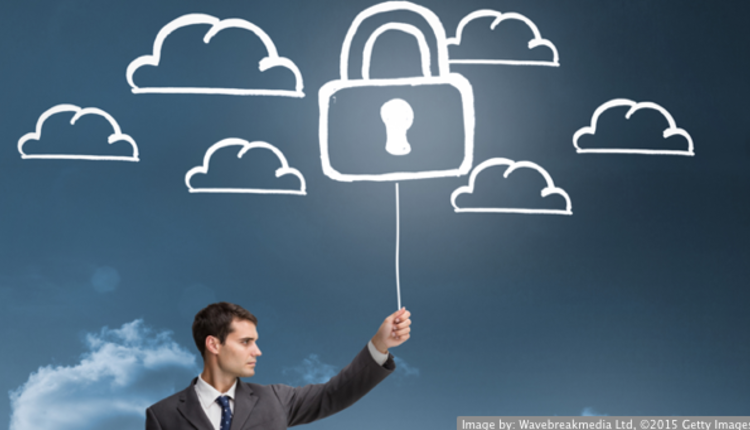In case you missed it, January 18th, 2012 was the day of the Great Web Blackout. An estimated 10,000 websites went dark and more than seven million people signed a Google.com petition opposing two controversial copyright enforcement bills, the Stop Online Piracy Act (SOPA) and the PROTECT IP Act (PIPA). The English Wikipedia, Reddit and an estimated 7,000 other smaller websites coordinated the blackout, or posted links and images in an effort to raise consciousness. Over 160 million people viewed Wikipedia's banner. The next day the sites of several pro-SOPA organizations, such as RIAA, CBS.com and others, were slowed or shut down with denial of service attacks. Self-proclaimed members of the "hacktivist" group Anonymous took responsibility and said the attacks were a protest of both SOPA and the United States Department of Justice shutdown of Megaupload that same day. It all worked: Within a week, both the House and Senate dropped their efforts to pass the bills.
So, just what is it about these legislative acts that aroused such vehement protest? Media companies have already tried suing individual users, encouraging Internet Service Providers (ISPs) to take action against their lawbreaking subscribers and working with Uncle Sam to shut down domains based in the USA. However, those actions can't prevent intellectual property theft by foreign websites, such as The Pirate Bay and Megaupload, or keep any users from downloading copyrighted material from those sites. The problem is compounded when it's not a crime in an offshore country to appropriate the intellectual property of others.
That's where SOPA in the US House of Representatives, and PIPA in the US Senate, come in. Both bills prosecute overseas websites that steal copyrighted material. The two acts have been almost exclusively linked to media piracy, but they also cover counterfeit consumer goods and pharmaceuticals.
Originally, both bills provided two tools to fight copyright infringement on foreign websites. One allowed the US Department of Justice to seek court orders requiring ISPs to block the domain names of infringers. For example, Verizon could deny its customers access to thepiratebay.org, even though the IP address would still be displayed. The other tool allowed IP owners to seek court orders requiring payment providers, advertisers and search engines to halt business activity with web pirates. In other words, rights holders ultimately could legally block funding of a rogue website and remove its inbound links. The alleged culprit would have five days to appeal any sanctions.
SOPA is the tougher of the two bills. According to Wikipedia, it defines a "foreign infringing site" as any site that is "committing or facilitating" copyright infringement, whereas PIPA restricts its jurisdiction to those sites with "no significant use other than" copyright infringement. Like the USA PATRIOT Act, SOPA allows suspicion to be substituted for due process by failing to require a trial before drastic remedies are taken.
Of course, the movie and music industries are all for the bills, and why wouldn't they be? After all, they were the strongest advocates of the Digital Millennium Copyright Act, the legislation that enabled entertainment companies to take vigilante action against copying digital media (including legitimate duplication) through Internet surveillance of users' private viewing habits. The fact is neither SOPA nor PIPA did enough to protect websites against false charges. Indeed, according to the Electronic Frontier Foundation (EFF), provisions in the bill grant immunity to payment processors and ad networks that disable sites based upon a "reasonable belief" of infringement.
The problem is that even if allegations turn out later to be totally unfounded, only the website suffers. "The standard for immunity is incredibly low and the potential for abuse is off the charts," says the EFF. Say that a website specializes in biting political comedy. The trouble with lampoon, parody and satire is that it is not uncommon for the angry subjects of a writer's caustic wit to fight back by suing the organization for copyright infringement — particularly if the work uses mocking likenesses of the subject satirized. Publications like Mad and Hustler have endured long court battles to assert their right to satirize pundits, politicians, advertisers and competitors by employing hilarious mimicry and caricature. So far, the satirists have won, but the price of victory can be high. If the legal equivalent were carried out in cyberspace, the offending website (say, JibJab) could be shut down immediately through a vindictive court action that turned out to be groundless.
Good riddance to SOPA and PIPA. The bills could only have succeeded in suffocating free speech and helping big business stifle innovation and competition.
ARTHUR GINGRANDE is a partner of IMERGE Consulting in Lexington, MA and nationally recognized expert in ICR, forms processing and document automation. He is also a practicing attorney who specializes in electronic discovery, regulatory compliance and intellectual property law. For more information, visit www.imergeconsult.com or email gingrande@gmail.com.

